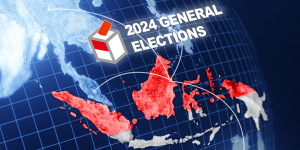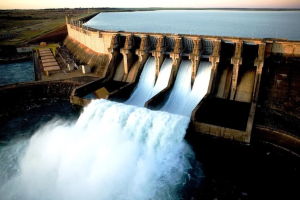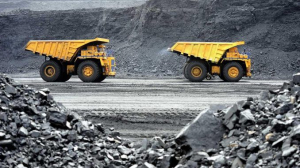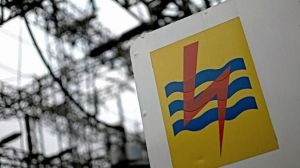Ombudsman suggests revision on WtE regulation
The Ombudsman of Indonesia has identified the reasons behind the delayed progress of several waste-to-energy (WtE) projects, suggesting that the government evaluates Presidential Regulation No. 35 of 2018 on the Acceleration of the Development of Waste Processing Installations into Environmentally Friendly Electricity-Based Technology.
Hery Sutanto, a member of the Ombudsman, noted that the tipping fees for other WtE projects were significantly high, causing financial burden on regional governments. The Solo WtE project, in contrast, did not impose tipping fees on the local government, contributing to its successful operation.
The Ombudsman notes that only four out of the 12 planned projects have been prioritized, with only two fully operational.
Hery has emphasized the need to revise Presidential Regulation No. 35 of 2018, particularly regarding the pricing benchmark for WtE electricity, which is considered too low and uncompetitive against coal-fired power plants.
The regulation sets the electricity purchase tariff at about 13 US Cents per kilowatt-hour, but until the end of 2019, no realization of electricity purchases had been made by the state-owned electricity company, PLN.
Financial capabilities of regions have been identified as a significant barrier to the progress of WtE projects. For instance, the Sunter WtE project in Jakarta faced economic challenges, with the Ombudsman citing the high investment costs and tipping fees as reasons for the project being economically unfeasible.
Hery highlighted the need for the government to evaluate the 12 priority regions for WtE development, which include Jakarta, Tangerang, South Tangerang, Bekasi, Bandung, Semarang, Surakarta, Surabaya, Makassar, Denpasar, Palembang, and Manado.
He urged the government to open opportunities for other regions that have the capability to accelerate WtE development beyond the initial 12 designated areas.
The success of the WtE project in Solo was attributed to its commercial purpose, whereas other WtE projects were designed for experimental purposes.
Tag
Already have an account? Sign In
-
Start reading
Freemium
-
Monthly Subscription
20% OFF$29.75
$37.19/MonthCancel anytime
This offer is open to all new subscribers!
Subscribe now -
Yearly Subscription
33% OFF$228.13
$340.5/YearCancel anytime
This offer is open to all new subscribers!
Subscribe now







